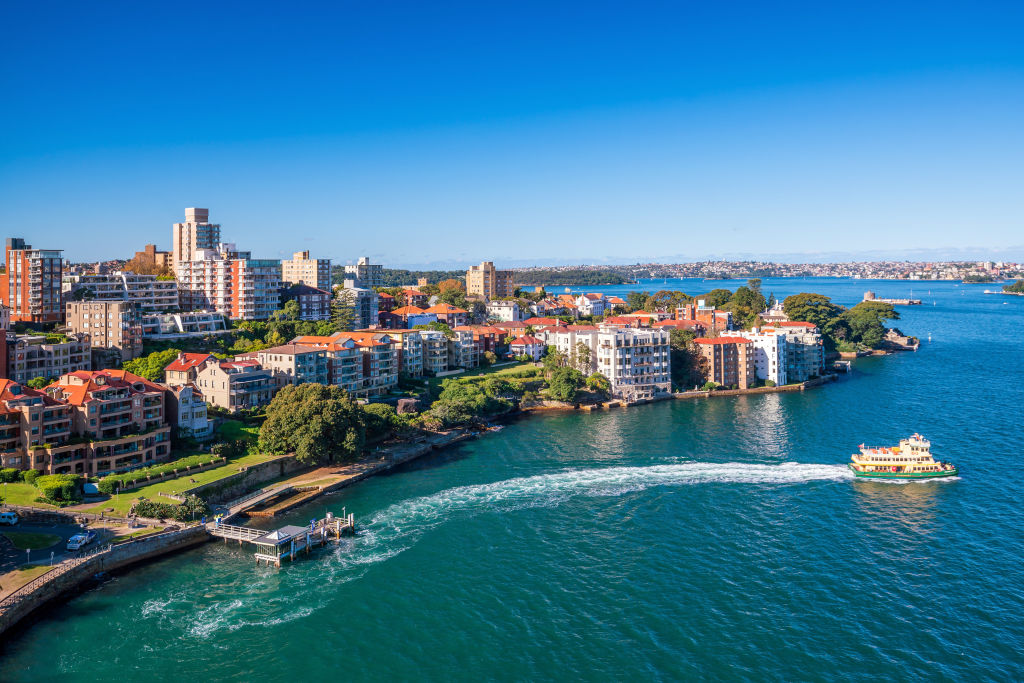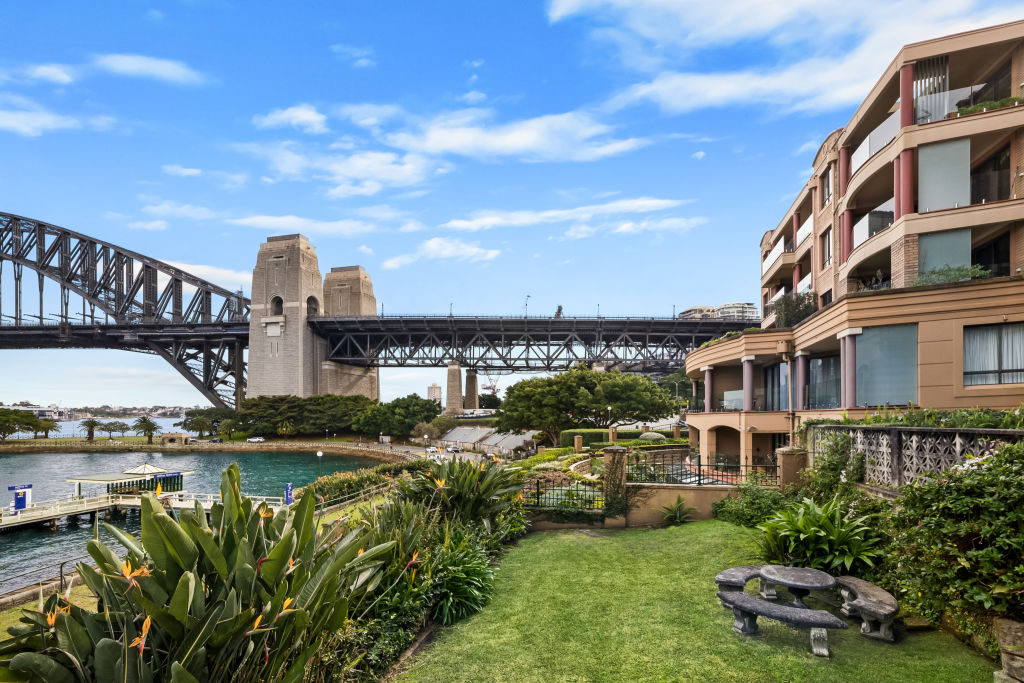The art of the hold: Knowing when (and when not) to sell a trophy home

Knowing when to sell a trophy asset in an investment portfolio, and when to hold, is a fine art whose execution could save – or cost – many millions of dollars.
The key to the decision is always the state of the current market, says Michael Kollosche of prestige Gold Coast agency Kollosche.
“If you are selling, it should be at a time when you feel the market has peaked or is nearing its peak,” he says. “You want strong demand around, and limited supply.
“But you should also consider holding onto your assets, too. I have a lot of clients who hold and keep buying more and more instead, as property on the Gold Coast has an annual capitalised growth rate of around 10 per cent per annum, and sometimes up to 12 per cent.”

The market there is particularly strong for trophy property, with remote working and a lower cost of living than other areas continuing to drive strong migration to the region, Kollosche says.
High construction and replacement costs have also boosted the prices of exceptional prestige homes.
“Ultimately, it does come down to supply and demand, and if a property is unique or in scarce supply, then the demand might be even stronger,” he says. “And many people are now cash buyers.
“Postcodes 4217 [Surfers Paradise] and 4218 [Broadbeach and Mermaid] had the highest aggregate value of cash purchases in the country, according to PEXA Group figures.”

Another firm rule you have to adhere to is carefully planning the timing of any move to maximise returns, says Sydney prestige agent Bill Malouf of Highland Property.
“A trophy home worth serious double-digits should never be sold in June, July or up to mid-August,” he says. “Most of my clients will be out of the country for winter and in Europe, in Italy, Spain, France or Greece. So you have to wait for them to come back.
“Equally, you can forget December and January too. Potential buyers will be away in Palm Beach or Bowral.”

Alongside the correct timing, knowledge is everything, and the intention to sell a landmark property should be shouted from the rooftops.
“You can’t keep it a secret,” Malouf says. “List it. Advertise it. Get it on the news if you can. Let as many people know about it as possible.”
Engaging a good agent with many contacts is also key, as they should keep lists of people looking to buy, many of whom they can then call privately with the news of the imminent sale and a description of the property.

In Melbourne, when Marshall White director John Bongiorno is approached by a client thinking of selling their trophy home, he tends to urge them not to.
“Quite frankly, if you’ve got a trophy property, unless you’re moving to something better, there’d be no reason to sell,” he says. “In lots of instances, I’ve recommended to people to hold onto it and not sell.”
If a client is adamant, however, perhaps thinking of downsizing or wanting to realise the asset, he’ll advise them to avoid holidays and, sometimes, winter for the sale. Beyond that, they could put it on the market at any time.
“A trophy property is always going to be sought after in any market, whether it’s great, average or bad,” Bongiorno says. “They’re resilient to economic pressures.”
We recommend
We thought you might like
States
Capital Cities
Capital Cities - Rentals
Popular Areas
Allhomes
More
- © 2026, CoStar Group Inc.










